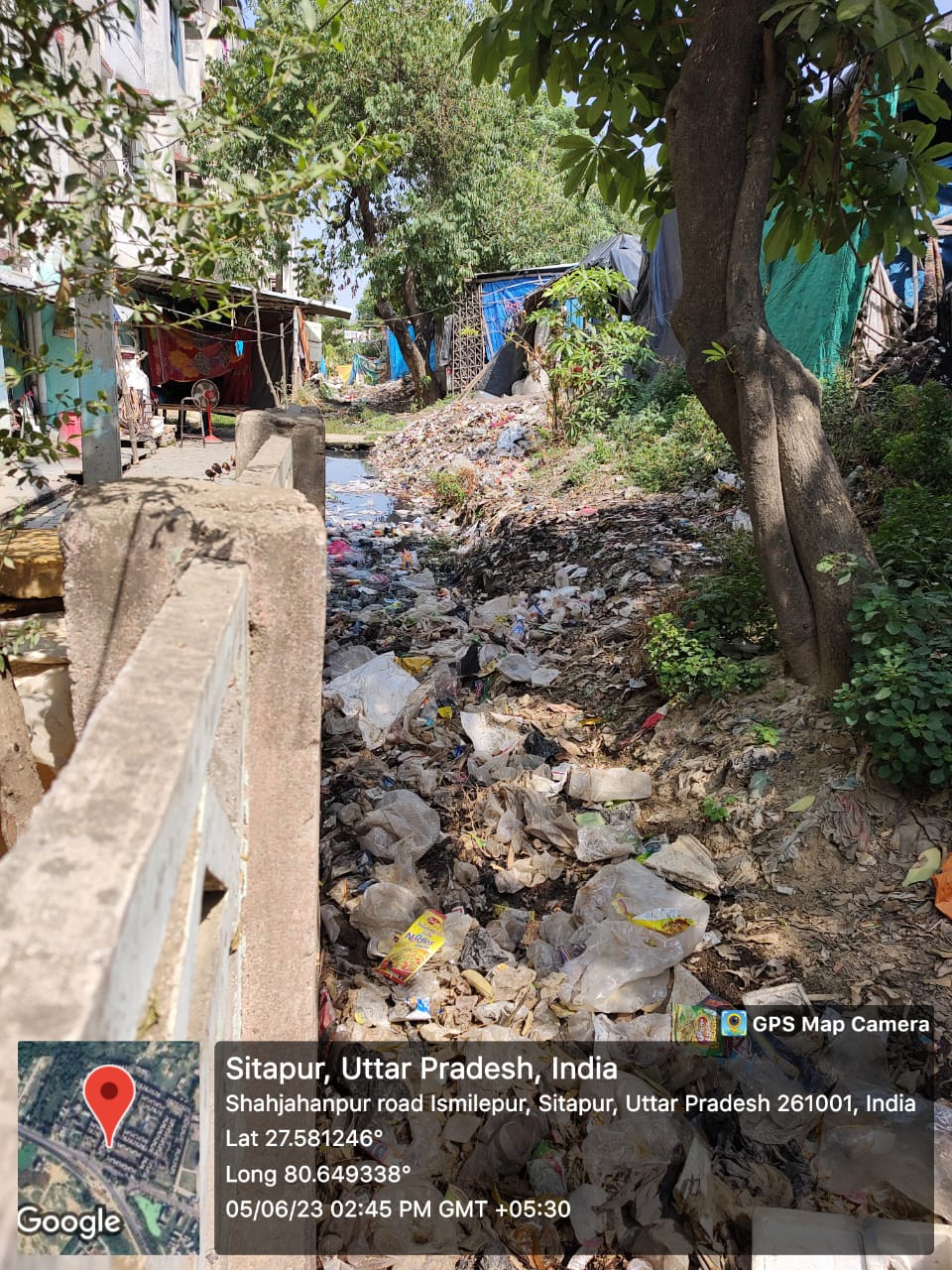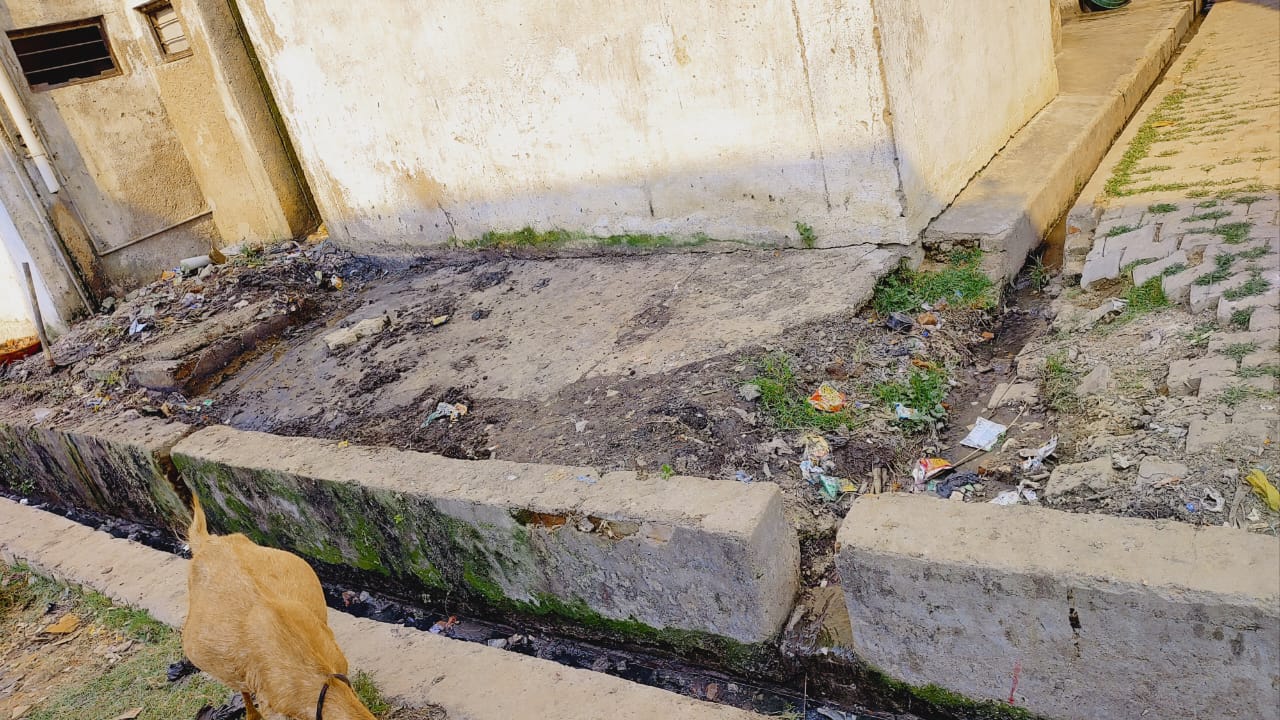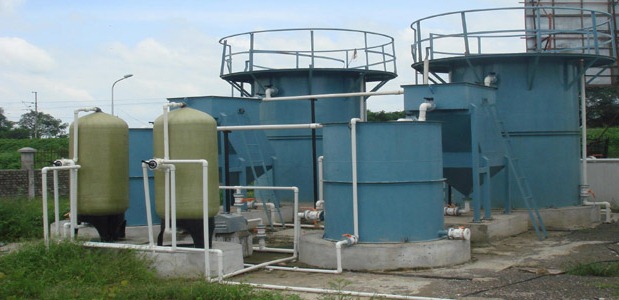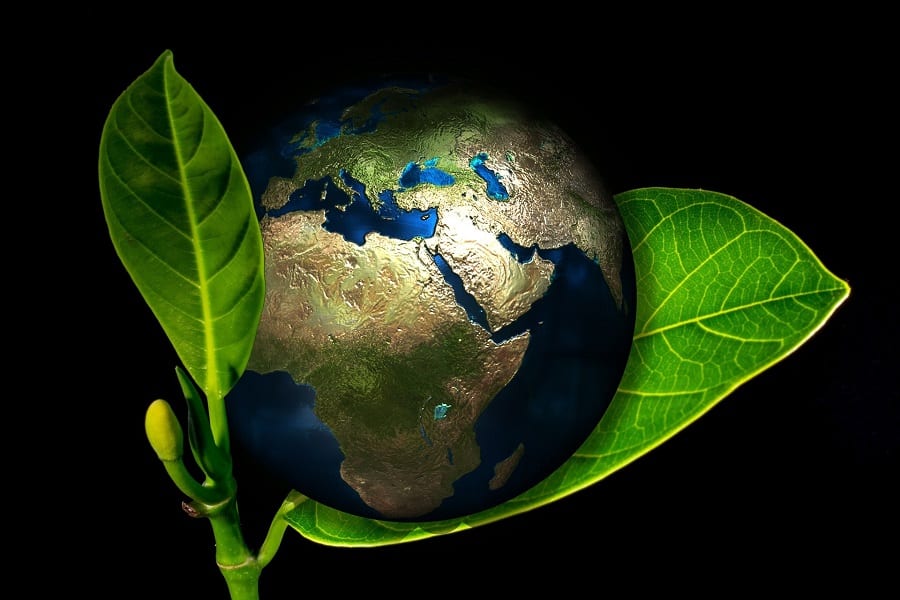Solid waste management is a pressing issue that affects communities and ecosystems around the world. The accumulation of waste poses significant environmental, social, and health challenges, requiring effective solutions for a sustainable future. This article will delve into the key challenges faced in solid waste management and explore potential solutions to address them.
I. The Challenge of Increasing Waste Generation
One of the major challenges in solid waste management is the exponential growth of waste generation. With population growth, urbanization, and changing consumption patterns, the sheer volume of waste produced has become overwhelming for many communities. This challenge is exacerbated by the lack of awareness about proper waste disposal and inadequate infrastructure for waste management.
To tackle this challenge, education and awareness campaigns are crucial. Governments, NGOs, and community organizations can collaborate to raise awareness about waste reduction, recycling, and responsible consumption. Encouraging behavioral changes among individuals and promoting sustainable practices can significantly reduce the overall waste generation.
II. Inadequate Waste Collection and Segregation
Another significant challenge in solid waste management is the lack of efficient waste collection and segregation systems. In many regions, waste collection services are either insufficient or non-existent, leading to improper disposal and accumulation of waste in public spaces, rivers, and landfills. Additionally, the absence of proper waste segregation practices hampers recycling efforts and increases the burden on waste treatment facilities.
To address this challenge, it is essential to invest in robust waste collection systems. Governments and local authorities should establish comprehensive waste collection networks, including regular pick-up schedules and designated collection points. Simultaneously, promoting source segregation at households and businesses can improve the quality and quantity of recyclable materials, making recycling more efficient.
III. Limited Recycling Infrastructure and Technology
Effective recycling plays a vital role in sustainable waste management. However, many communities struggle with limited recycling infrastructure and outdated technologies. Inadequate recycling facilities, lack of funding, and outdated equipment hinder the recycling process and limit the ability to extract value from waste.
To overcome this challenge, investments should be made in developing and upgrading recycling infrastructure. Governments can provide financial incentives and support to encourage private sector participation in recycling initiatives. Embracing innovative recycling technologies, such as advanced sorting systems and waste-to-energy conversion, can also enhance the efficiency and profitability of recycling operations.
IV. Disposal in Landfills and Environmental Impacts
Landfilling remains a prevalent method of waste disposal in many regions, causing severe environmental consequences. Landfills generate greenhouse gases, release toxic leachate into soil and water bodies, and occupy vast areas of land, leading to habitat destruction and contamination of natural resources. Managing and minimizing the impact of landfills is crucial for sustainable waste management.
To tackle this challenge, the focus should shift towards reducing reliance on landfills. Governments should prioritize waste reduction, recycling, and composting as primary waste management strategies. Implementing waste-to-energy technologies can also help reduce the volume of waste destined for landfills while generating renewable energy. Furthermore, adopting landfill gas capture systems can mitigate greenhouse gas emissions and reduce environmental pollution.
Conclusion
Solid waste management is a complex issue that requires concerted efforts from governments, communities, and individuals. By acknowledging the challenges and implementing appropriate solutions, we can move towards a more sustainable future. Increasing awareness, improving waste collection and segregation systems, investing in recycling infrastructure, and minimizing reliance on landfills are key steps in achieving effective solid waste management. Let us strive together to create a cleaner and greener world for generations to come.





